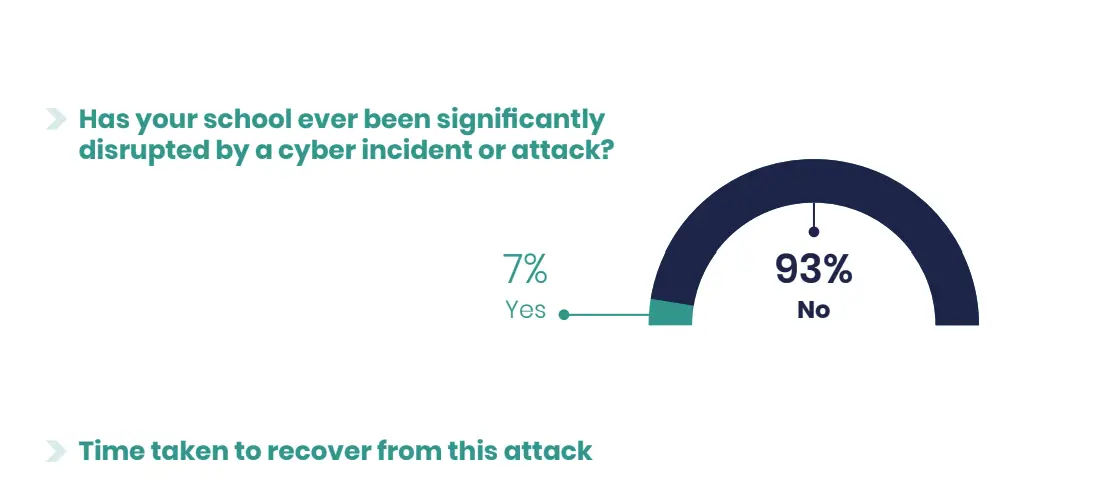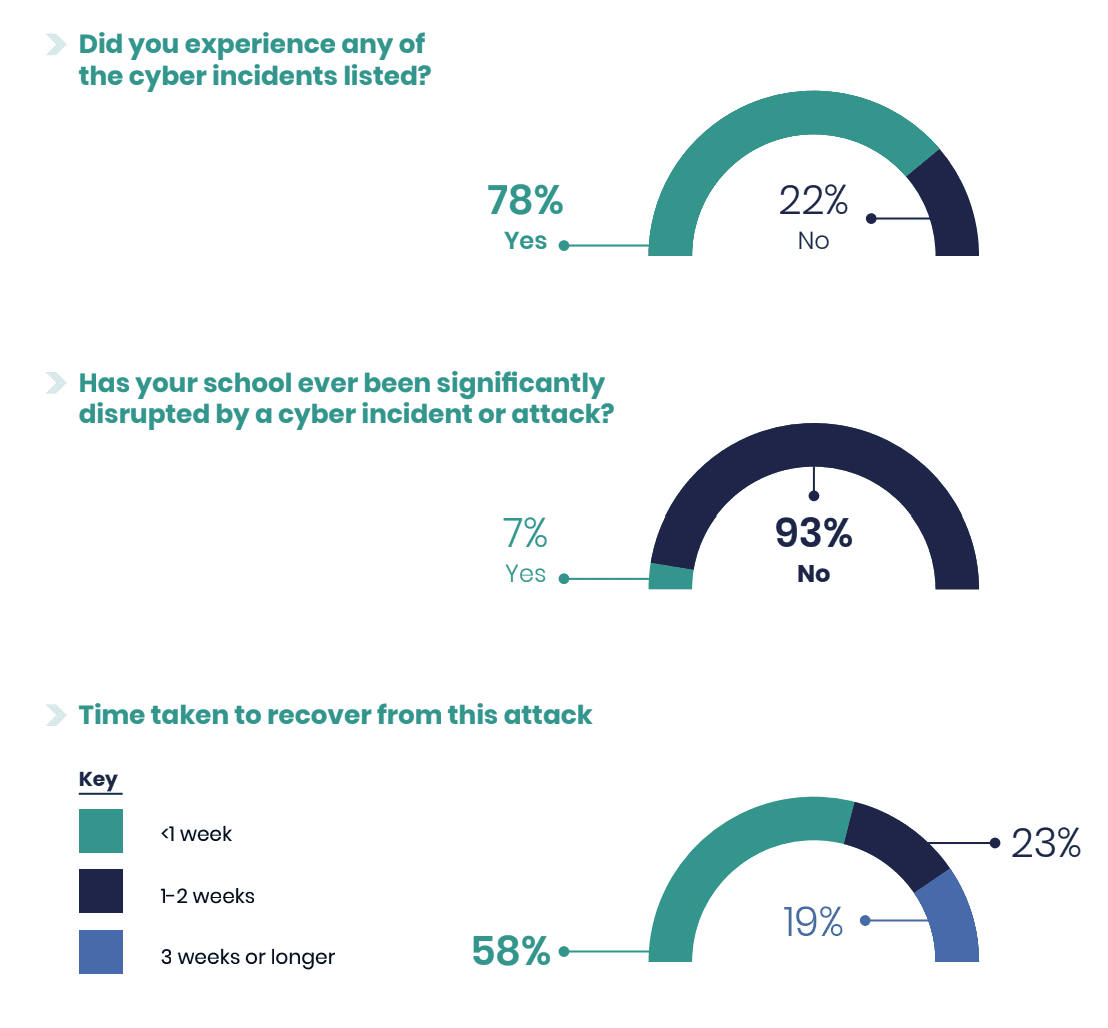NCSC’s PDNS: A New Shield for UK Schools Against Cyber Threats

In response to the escalating cyber threats within the educational sector, the UK’s National Cyber Security Centre (NCSC) has announced the launch of a new initiative aimed at preventing school network users from accessing malicious websites.
Sarah Lyons, NCSC’s Deputy Director for Economy and Society, asserted that the Protective Domain Name Service (PDNS) initiative for schools will be entirely complimentary, with plans to deploy it across the majority of British schools within the coming year.
The PDNS service for schools draws from the successful implementation of PDNS as part of NCSC’s Active Cyber Defence strategy. Introduced by Nominet, the registrar for “.uk” domains, in 2017, it has since operated as a recursive resolver, blocking access to high-risk sites.
According to the NCSC, the Protective Domain Name Service obstructs access to domains recognized as malicious by actively blocking them. This preemptive measure halts the spread of viruses, phishing attacks, ransomware, spyware, and other such threats at the source, thereby enhancing network security.
Furthermore, the PDNS provides organizations with insights regarding their network’s status and offers NCSC’s assistance in addressing any emerging challenges. The intelligence garnered from the PDNS also aids in informing and bolstering the UK government’s response to cyber incidents.

Per the NCSC’s 2022 study, released this past January, 78% of British schools encountered at least one form of cyber incident last year, with 73% reporting phishing emails directed at their staff or redirections to fraudulent websites.
Schools interested in availing of the PDNS service need not take any action until the comprehensive service rollout announcement, anticipated in the first half of 2024.
Nevertheless, local authorities in England and designated public networks in Scotland, Wales, and Northern Ireland, which provide DNS services to schools, are advised to proactively register for the service once it becomes accessible.






